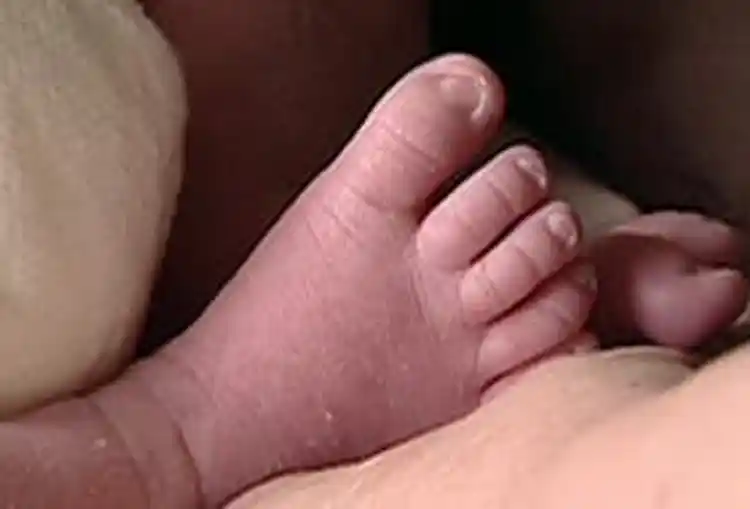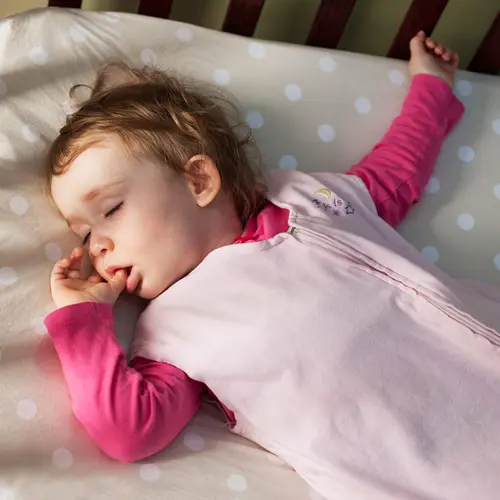Baby Skin Basics

Hide Video Transcript
Video Transcript
Jennifer Shu, MD, FAAP
Did you know a newborn's skin is up to five times thinner than that of a grownup? That calls for plenty of tender, loving care – and a few special supplies. Let's see what you should have – and steer clear of – step by step. Jennifer Shu, MD (cont.)
Infant skin is delicate and may be sensitive to ingredients commonly found in detergent, lotion, soap and shampoo. That's why parents should choose baby-friendly bathing products – formulated without fragrance, dyes or other irritating ingredients. Tear-free, soap-free products are best. Jennifer Shu, MD (cont.)
Babies' skin is still developing – a process that continues over the first few years of life. Lotion is generally not necessary in the first weeks. But if you are concerned about dryness or rash, talk to your pediatrician. After a month or so, a little moisturizer may be beneficial, since bathing can sometimes remove the skin's protective oils. A gentle massage to seal in the moisture also helps you and your baby bond. Jennifer Shu, MD (cont.)
It's a good idea to have basic diaper and first aid ointments on hand, in case of mild rashes or other irritations. If you choose to use powder, be sure it's talc free. Use it only sparingly and with care – by rubbing a small amount into to your hands first, away from baby's face, before applying it to the diaper area. If inhaled it can cause breathing problems – even severe lung damage. Jennifer Shu, MD, (cont.)
When it comes to laundry, wash all clothing or bedding before the first use. Mild, multi-purpose family detergents are fine – except for babies with sensitive skin, who may require specially formulated, hypoallergenic brands. Jennifer Shu, MD (cont.)
Infants under six months should not be exposed to direct sunlight. Use lightweight clothing, hats and umbrellas to shade your baby. If exposure is unavoidable, use a small amount of sunscreen to areas that can't be shielded such as the backs of the hands'. Older babies need sunscreens with a sun protection factor (or SPF) of 15 or higher when going out in the sun. Apply sunscreen half an hour before going out and every hour or two after that. Continue to shade baby as much as possible, even on cloudy days especially between 10 a.m. and 4 p.m. when the ultraviolet rays are the strongest. Jennifer Shu, MD (cont.)
Mosquito repellents and nets can help protect your child from the nuisance of bites and the threat of infections carried by mosquitoes. Apply insect repellents – using only enough to protect exposed skin – and no more than once a day. Products containing the chemical DEET are highly effective, but not recommended for infants under two months of age. Be sure to wash off the repellent before baby goes to sleep. Jennifer Shu, MD (cont.)
Caring for such delicate, soft skin provides another important plus – all babies need their parent's gentle touch. For WebMD, I'm Dr. Jennifer Shu. 
